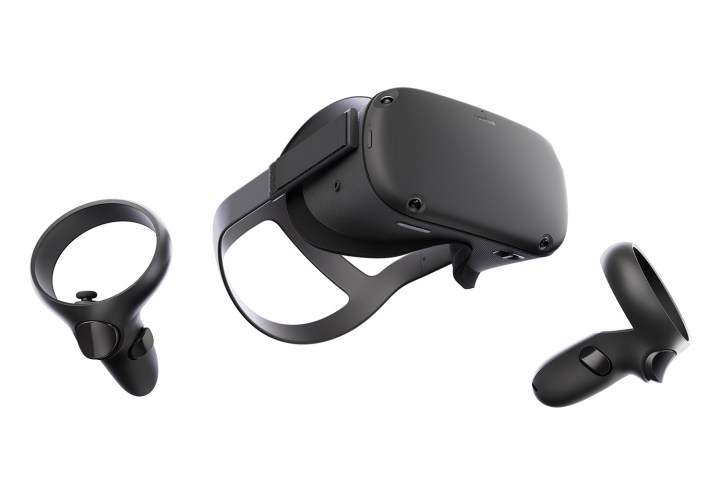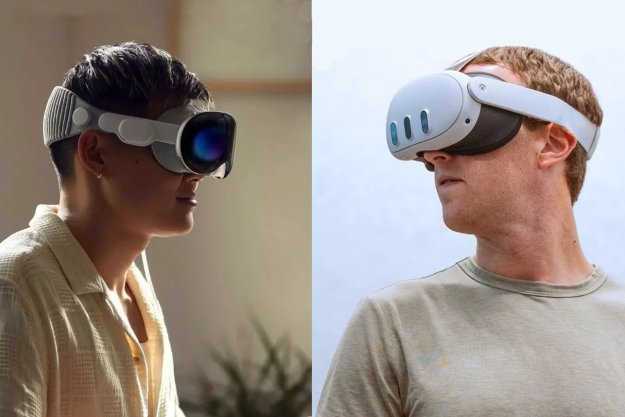
If you’ve been holding onto your original Oculus Quest or Quest 1 VR headset, it’s time to upgrade because support is ending soon. The Quest 1 came out in 2019, so this headset is nearly five years old and quickly approaching the end of support. In August 2024, the original Quest will stop receiving security updates and bug fixes.
Meta recently emailed developers with an alert that new VR games and apps will be blocked from supporting the Quest 1 next month. Updates to existing apps will also cease. The Quest 1 will still have access to a large library of games, but to enjoy the latest releases, it’s time to upgrade. This news follows a slow pullback that started last year when social features were removed.
It might be a little heartbreaking to let go of old technology, but manufacturers end support to ease the burden on developers who would otherwise need to support a wider range of hardware and potentially limit features on new games so they run on older devices.
The good news is you can pick up a faster, higher-resolution Quest 2 for just $200. All your old games and apps will work with the Quest 2. Keep in mind the Quest 2 was made in 2020, so it’s aging as well. Meta said Quest 2 support will continue for three years after sales stop to stay current until at least 2027.
If you can spare $500, the Quest 3 is the best VR headset for most people. It’s backward compatible with the Quest 1 and 2, so you bring your library of games with you. Also, the Quest 3 has improved graphics performance and crisper displays often get upgraded versions of games that take advantage of its higher resolution.
If you don’t own a Quest yet, beware of deals on used VR headsets. A super cheap Oculus (now Meta) Quest found on eBay or Craigslist might not be as great of a bargain as it seems.
Editors' Recommendations
- Meta has a bold new strategy for VR
- RTX 4090 owners are in for some bad news
- This new VR headset beats the Vision Pro in one key way and is half the price
- Your Quest 3 just got so much better — for free
- Vision Pro 2: everything we expect from the future of Apple’s headsets




